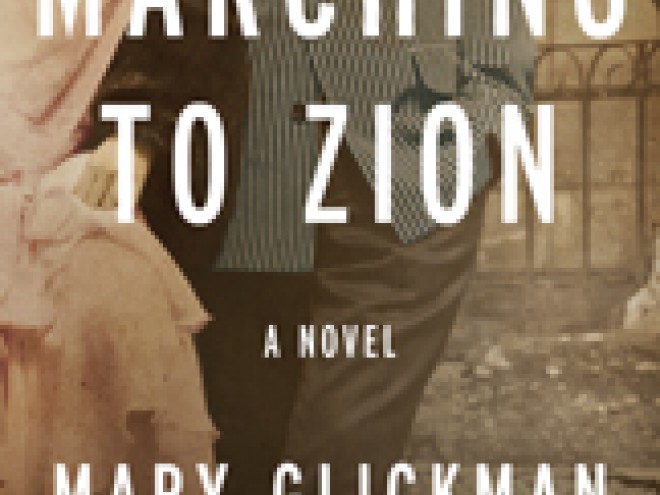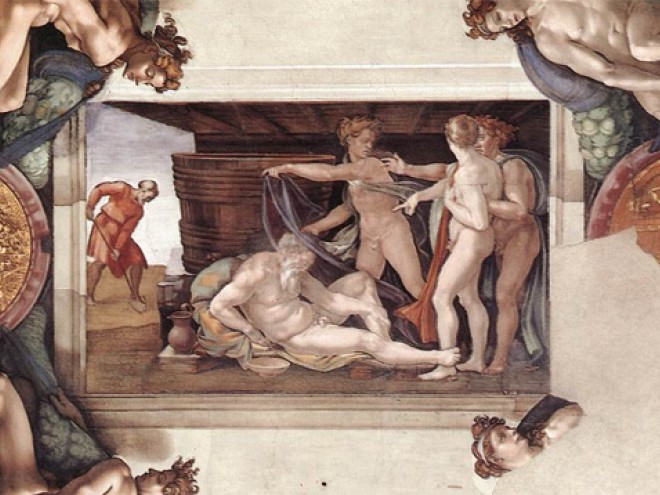 The Civil Rights Era represented a Golden Age for Jewish and African American relations. We were partners in justice. Allies against racism. American Jewish memory was haunted by the images of the Holocaust, the newsreels of Auschwitz and Bergen Belsen still fresh in the mind. African Americans suffered the indignities of Jim Crow in the South, their fractured American dream neutered by de facto segregation in the North and West. We were people who empathized with each other, understood each other’s racial scars.
The Civil Rights Era represented a Golden Age for Jewish and African American relations. We were partners in justice. Allies against racism. American Jewish memory was haunted by the images of the Holocaust, the newsreels of Auschwitz and Bergen Belsen still fresh in the mind. African Americans suffered the indignities of Jim Crow in the South, their fractured American dream neutered by de facto segregation in the North and West. We were people who empathized with each other, understood each other’s racial scars.
And then it all fell apart.
Why? Hard to say. The emergence of the Black Power Movement had something to do with it. Quite understandably, quite naturally, African Americans desired to carve their own paths to liberation, through their own metaphors, their own cultural touchstones. Self-determination, self-expression was an imperative and who could blame them? Jewish connections were cast off, collateral damage in a battle for identity. On the other side, there was resentment.
Time went by. A Malcolm X and a Meir Kahane later, Jews and African Americans perceive themselves often as strangers, sometimes enemies, to each other. The Civil Rights Era legacy of blended families, of black Jews, recent and antique, has been tossed into the dungheap of history and redeemed only recently through the efforts of Be’chol Lashon and others in the Jewish Diversity Movement. Today, in an America with an African American president whose wife’s cousin, Rabbi Capers Funnye, is spiritual leader of the largest African American Jewish congregation in the country, resentments on both sides of the racial divide persist. It’s a shanda.
But back to the original question posited by these blogs: “Why do you care so much about black people?” The answer is not so simple as “Why shouldn’t I?” although that resonates on an elementary level. It’s also because so much has been lost that should be recovered. In a world where the nation-wide race riots of 1917 have been forgotten, when the young must Google the word ‘pogrom’ to comprehend its tragedy, old alliances, ancient communalities must be celebrated, reanimated. My novels seek to do that in whatever measure they are capable.
So I look forward to the day when, like Golde Fishbein and her grandfather in Marching to Zion, African Americans and Jews can recapture their closeness and say as if in sight of the red clay spires of Jaffa: “Hallelujah. We are home.”
Mary Glickman is an author, a former free-lance copywriter, public relations professional, and fundraiser who has worked with many Jewish charities and organizations. Her 2011 novel One More River was a finalist for the National Jewish Book Award. Her most recent book, Marching to Zion (Open Road Media), is now available. Read more about Mary Glickman here.
Born on the South Shore of Boston, Mary Glickman is the prolific author of Southern Jewish historical novels, including National Jewish Book Awards Finalist in Fiction’s One More River and An Undisturbed Peace, listed by Southern Living as a best novel of 2016. Ain’t No Grave is her sixth novel. She lives on Wadmalaw Island, SC, with her husband.



